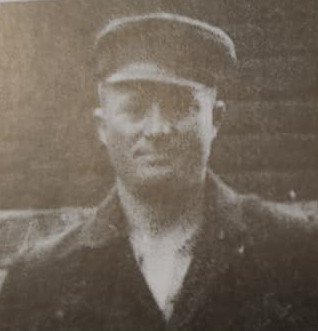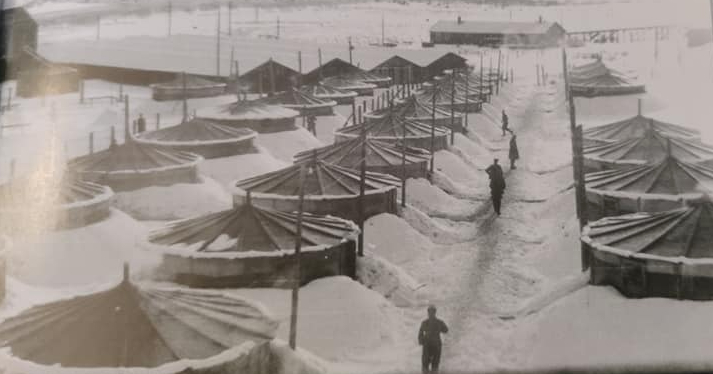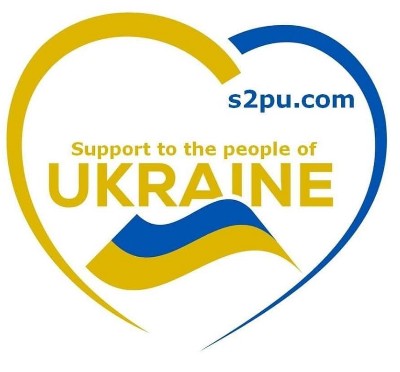
Vladimir Leidiker experienced the German invasion of Ukraine in 1941. At that time, they were bombed and many were killed and shot.
For him, it was the beginning of four dramatic years of captivity where death was never far away. The captivity led him to Poland and on to Narvik and Lillehammer in Norway.
Vladimir was born on December 7, 1919 and grew up in cramped conditions in the village Pervomajsk in Ukraine. When he was one year old, his father died in the First World War. - We were very poor. As a widow, my mother did not have enough bread and food for me and my three siblings. In the Holodomor period 1932-33, we survived thanks to my aunt. Her husband had become a stable man on the collective farm and he often brought us some oats that he had taken from the horses' feed, Vladimir said.
- Not so long after we were captured by the Germans, we were moved to a new large concentration camp not far from Brest in Belarus. I think it must be one of the camps in Biala Podlaska. "I heard the Germans talk about the death of 120,000 Ukrainian soldiers," Vladimir said.
When it began to get autumn and cold at night, they dug caves in the ground to sleep there and tried to keep warm. They got little food. One day he met a man from Pervomajsk in Ukraine, the same city where he grew up. They became good friends and after the war he tried to find his relatives, but did not succeed.
In the autumn of 1942, he and about 800 other prisoners were sent to Norway by boat. No one told where they were going and they were placed in the hold and during the transport they were not allowed to get up. They were also not given anything to eat or drink. When they docked they had come to Narvik and were taken to a camp. The camp was set up when they arrived and consisted of many circular in-tent barracks made of veneer walls and the roof consisted of pillars covered with tent cloth. The tent barracks had a diameter of about 15 meters with a small stove in the middle.

Three times a day we got something to eat. Breakfast was potatoes and water. In the middle of the day, they were given a piece of moldy bread and a liquid without fat in it, which was to be soup. In the evening they got water and potatoes again. They walked back and forth from the workplace. Norwegians who knew which way they went, they often gave some food and it happened almost every day. The Norwegians did not have too much food either, but they shared what they could. Not far from the camp there were many berries and one of the prisoners went to pick. The German chief of guards saw it and shot him.
Only 50 meters from the prison camp was a quarry where they worked. It was a cold winter and Vladimir says that he froze a lot. The Germans often came during the work and pushed us and we fell because we did not have the strength to stay on our feet.
The German camp commander was cruel. Once we went to work, a prisoner managed to escape. He was on the run for two or three days, but was found and shot. The dead body was brought back to the camp and shown to the rest of us by the camp commander. - This is how it will go with you too if you try to escape, he shouted.
In the spring 1943 they were moved to Stampesletta at Lillehammer.
I used the name Mikhail Mikhailovich Novoshitsky because my real last name, Leidiker, is Jewish and could easily reveal me.
In the spring of 1945, they realized that the war was over for a day, they did not see the Germans. It was May 8 and they were free and could go where they wanted.
Vladimir left Norway in mid-June 1945. The journey home was by train via Sweden and Finland. Everywhere they were greeted by people with flowers.
Vladimir married his Raisa in 1955 and lived his last years in Novorossiysk on the Black Sea.
Leidiker wrote this thank's note in 2008:
|
"Dear Norwegians! I, Vladimir Leidiker, former prisoner in the German camp in Norway, would like to express that I owe you all a big thank you. I am especially grateful to the people in Lillehammer who supported us prisoners by giving us food and firewood. Almost every day on our way to and from work we found packages by the roadside that contained food. Thanks to this, many of the us survived. Many Norwegians invited us to visit them after the war was over. All my days I will remember Oskar Olaussen for how kind, helpful and hospitable he was. Wherever I lived, studied or worked, I always told people how generous you had been with all the prisoners who were half dead, cold and always hungry.
On behalf of my family and former prisoners, I send you a big thank you! You will be in my thoughts forever. With best regards |
Source: Magne Haugland - Do svidanija - See you again!

Comments powered by CComment